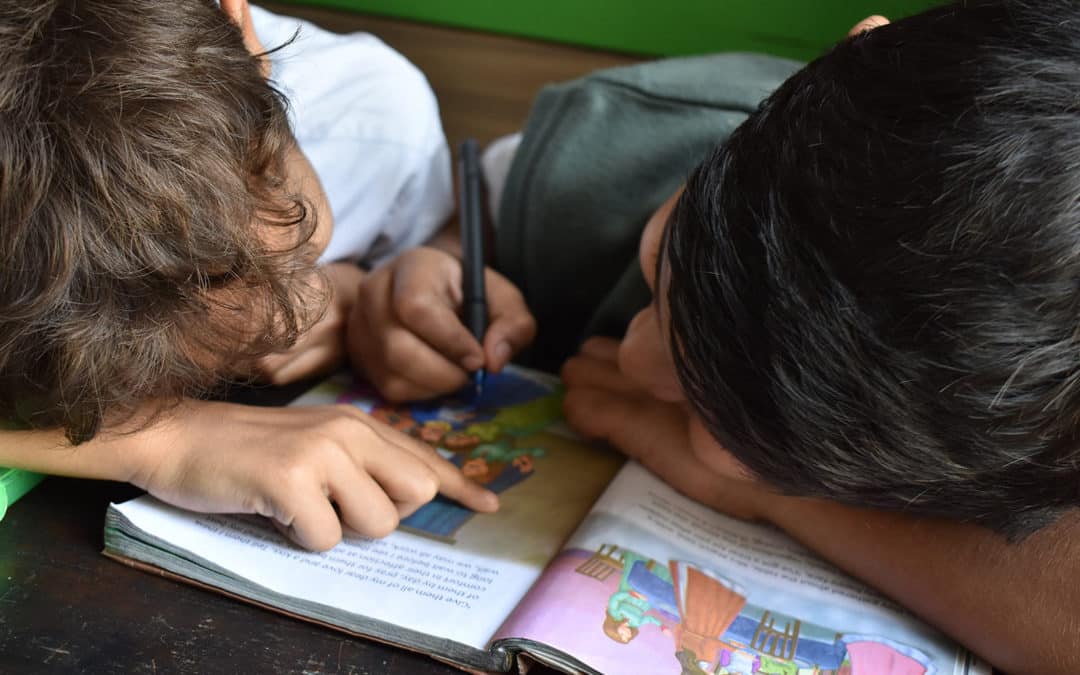
While we all recognize public school districts are struggling to deliver instruction to children during the pandemic, that doesn’t change the fact that the Individuals with Disabilities Act (IDEA) mandates that school districts provide “free appropriate public education (FAPE) to children with disabilities.”
With many schools going to 100% remote learning for the upcoming school year, parents of children with special needs are left to question whether their children will receive FAPE sitting in front of a computer or tablet all day. In short, the failure to provide in-person learning for many students with disabilities may violate federal law.
Many disability-related accommodations could conceivably work online. For example, students who are granted an extension of time for assignments, access curriculum orally, or by video, or need accommodations for test-taking can undoubtedly be provided these services remotely. But what about those accommodations that are impossible to deliver without human contact?
Parents, special education advocates or attorneys could easily make the argument that if the community is actively determining ways to reopen businesses and interact safely (wearing masks/ social distancing), we should be able to creatively address providing accommodations for disabled students required by their IEP. For example, what if your special needs child’s IEP requires occupational or physical therapy? What if he or she requires a behavior plan? It may be impossible for schools to provide those services without in-person learning, and if they refuse to do so, they may be violating the IDEA.
Everyone understands that during a national emergency, safety concerns may dictate doing things differently for a while. Indeed, many parents fully support the notion of remote learning until the pandemic lessens.
But for many children with disabilities, remote learning may not be an option if they are to be educated. While federal disability law allows flexibility for schools in determining how to meet the needs of students with disabilities, there will no doubt be controversy over whether the pandemic changes the rights students have to FAPE that requires in-person services.
It’s hard enough being a parent fighting for FAPE during normal times; it’s going to be even more difficult now. My advice to parents with disabled children is to remember the requirements of FAPE have not been waived just because there’s a virus. The restaurant industry is figuring out ways for people to enjoy dining, whether that is in-person with tables spread apart, or outside on the street during beautiful weather; we can figure out creative solutions to educate children with disabilities in-person. And if your child’s school won’t, the IDEA is there to protect your child, even during a pandemic.
Source: https://loudounnow.com/2020/09/03/whitbeck-special-ed-during-a-pandemic/
